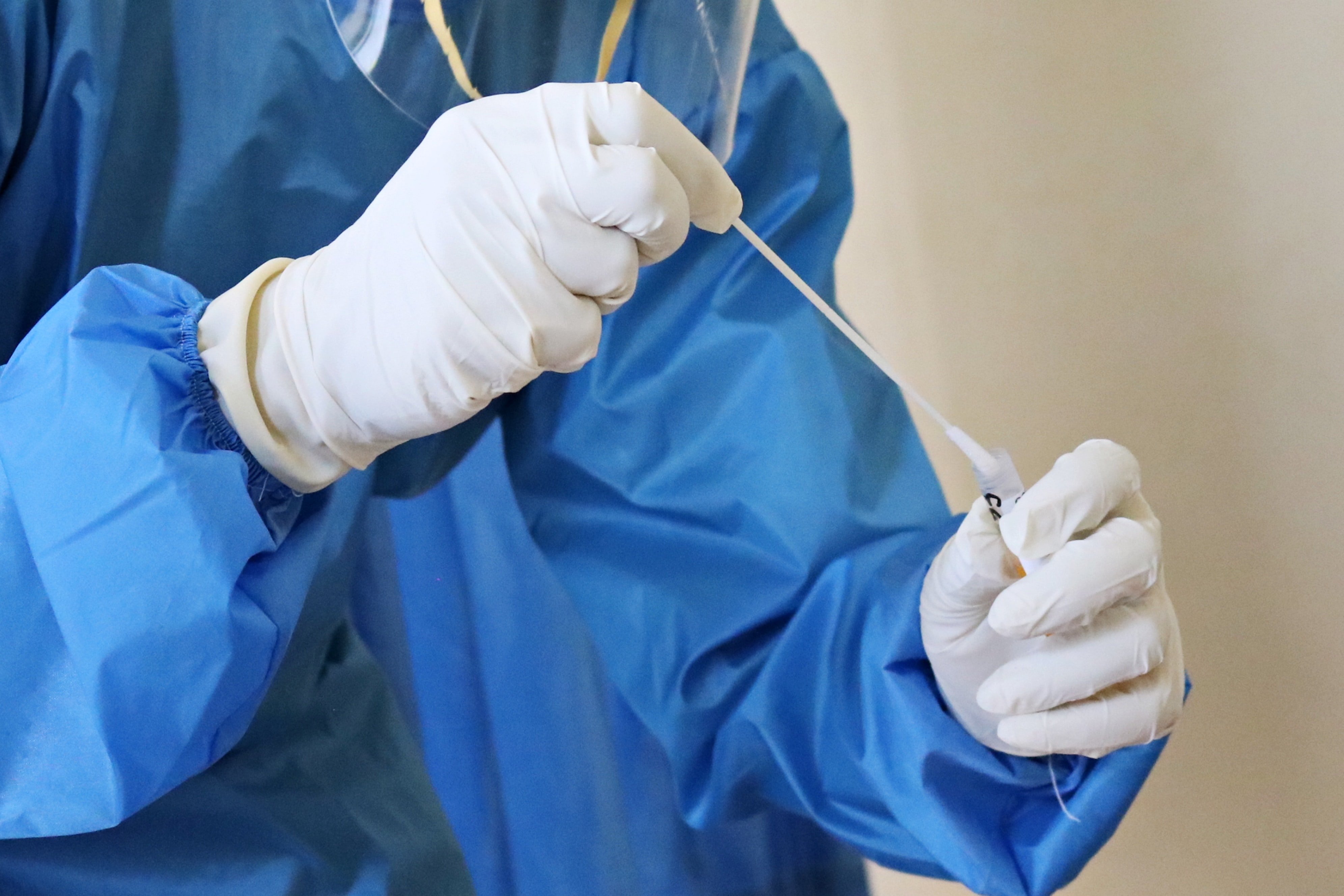Pandemic déjà vû. Faced with the as-yet-unknowable threat of the Omicron variant, the Spanish health ministry has decided to re-implement mandatory quarantines for close contacts of anyone infected with the new strain. This is stated in the ministry's Early Detection Strategy document to which the radio network SER has had access, acknowledging that "confirmation of the type of variant is not usually available at the time of diagnosis", which is why "quarantine must also apply to those cases in which there is suspicion." The issue will be discussed at Thursday's meeting of the Interterritorial Health Council, made up of Spanish minister Carolina Darias and her counterparts from the autonomous communities.
This is just one of a series of stricter measures, some proposed and some already introduced in Spain. The Spanish ministry has today implemented a mandatory ten-day quarantine for all travellers from the seven countries declared high risk: South Africa, Botswana, Eswatini, Lesotho, Mozambique, Namibia and Zimbabwe. Under a new management system for border health checks known as Spain Travel Health (SpTH), a package of measures will come into force, including traceability of air passengers who have come from the countries mentioned in the last fortnight, vaccination status checks and requests for passengers, as well as tests for active infection, antigen testing and, as mentioned, mandatory ten-day quarantines.
The Spanish government is also limiting the arrival of flights to Spain, with or without stops, from any airport located in the seven countries indicated, from this Thursday, December 2nd. The measure will be in force until December 15th.
Measures in Catalonia
Similar measures have already been envisaged in Catalonia. Catalan public health secretary Carmen Cabezas announced this Wednesday that travellers from southern Africa will be screened with antigen tests and, when results are positive, Termofisher testing will also be used. The latter is a method for detecting specific changes that occur in this new variant, to help determine whether the person is infected with Omicron.
Cabezas also confirmed mandatory quarantines in Catalonia for such arrivals, even if tests are negative. As well, a 20% random Termofisher screening is planned on PCR results of people who report having travelled recently.
Booster shots for those 65 and over
Meanwhile, the Catalan health authorities have also announced that people aged 65 to 69 will be able to request an appointment to receive a third vaccine dose starting this Wednesday. It had been announced last week that the 60-69 age group as well as health personnel would be able to receive a booster from December 1st. However, the group has been split into two, and first, those between the ages of 65 and 69 will be invited to receive vaccine shots. However, anyone between 60 and 69 years old may receive a jab if they turn up at a Catalan vaccination centre without a prior appointment.
People over the age of 70, those living in care homes, health and social care centres, and those vaccinated with Janssen have been able to receive a booster dose for several weeks. Now, the eligibility has been widened to the 60-69s and medical personnel.
In these cases, for the booster or third dose, a Messenger RNA vaccine is administered - that is, Pfizer or Moderna. However, those who have had Pfizer or Moderna for their first two jobs will need to wait six months for their third. On the other hand, people who received Janssen or AstraZeneca for their initial two shots, can receive a booster after just three months.
In Catalonia, you can make an appointment here.

